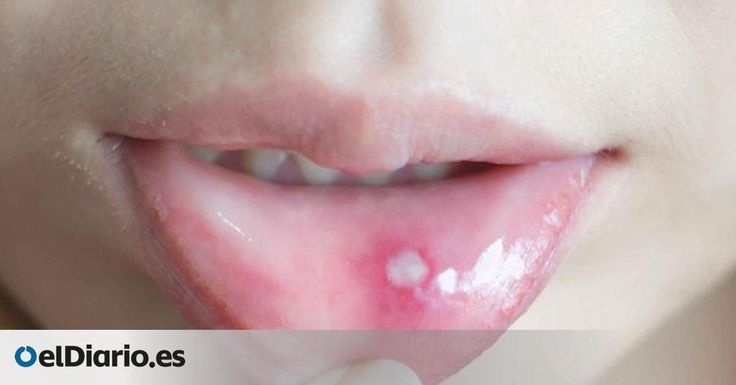How To Fix Over Retained Deciduous Teeth? Easy Treatment Options

The issue of over-retained deciduous teeth, also known as baby teeth, can be a concern for both children and adults. Normally, these teeth start to fall out and are replaced by permanent teeth between the ages of 6 and 12. However, in some cases, the deciduous teeth do not fall out on their own, leading to potential problems such as overcrowding, tooth decay, and gum disease. Fortunately, there are several easy treatment options available to address this issue.
Understanding the Issue: Why Do Deciduous Teeth Become Over-Retained?
Before diving into the treatment options, it’s essential to understand why deciduous teeth become over-retained in the first place. There are several reasons for this, including:
- Genetics: Some people may be more prone to over-retained deciduous teeth due to their genetic makeup.
- Tooth morphology: The shape and size of the tooth can affect its ability to fall out naturally.
- Gum and bone health: Poor gum and bone health can lead to the deciduous tooth becoming lodged in place.
- Lack of space: If there is not enough space in the jaw for the permanent tooth to come in, the deciduous tooth may not fall out.
Treatment Options for Over-Retained Deciduous Teeth
The good news is that there are several easy treatment options available to address over-retained deciduous teeth. The best course of treatment will depend on the individual’s specific situation and the severity of the issue. Here are some common treatment options:
- Monitoring: In some cases, the dentist may simply monitor the situation to see if the deciduous tooth falls out on its own. This is often the case if the tooth is not causing any problems.
- Extraction: If the deciduous tooth is causing problems, such as overcrowding or tooth decay, the dentist may recommend extraction. This is a simple procedure that can be done under local anesthesia.
- Orthodontic treatment: If the over-retained deciduous tooth is causing crowding or other orthodontic issues, the dentist may recommend orthodontic treatment to move the teeth into their proper position.
- Surgical exposure: In some cases, the permanent tooth may be impacted, meaning it is unable to come in properly due to the over-retained deciduous tooth. In this case, the dentist may need to surgically expose the permanent tooth to allow it to come in.
What to Expect During Treatment
If you or your child is undergoing treatment for over-retained deciduous teeth, here’s what you can expect:
- Initial consultation: The dentist will examine the tooth and take X-rays to determine the best course of treatment.
- Treatment planning: The dentist will work with you to develop a treatment plan that addresses your specific needs and concerns.
- Procedure: The actual procedure will depend on the treatment option chosen. For example, if extraction is necessary, the dentist will administer local anesthesia and remove the tooth.
- Follow-up care: After the procedure, the dentist will provide instructions on how to care for the tooth and what to expect during the healing process.
Prevention is Key
While treatment options are available, it’s always best to prevent over-retained deciduous teeth from becoming a problem in the first place. Here are some tips for preventing this issue:
- Regular dental check-ups: Regular dental check-ups can help identify any potential problems early on.
- Good oral hygiene: Practicing good oral hygiene, such as brushing and flossing regularly, can help prevent tooth decay and gum disease.
- Monitor tooth development: Parents should monitor their child’s tooth development and report any concerns to their dentist.
What are the risks of not treating over-retained deciduous teeth?
+If left untreated, over-retained deciduous teeth can lead to a range of problems, including overcrowding, tooth decay, and gum disease. In severe cases, it can also lead to dental abscesses and other serious infections.
How long does treatment for over-retained deciduous teeth take?
+The length of treatment will depend on the individual's specific situation and the severity of the issue. In some cases, treatment can be completed in a single visit, while in other cases, it may require multiple visits over several months.
Will I need to take time off work or school for treatment?
+In most cases, treatment for over-retained deciduous teeth can be completed on an outpatient basis, and you should be able to return to work or school the same day. However, if you undergo surgical treatment, you may need to take a few days off to recover.
By understanding the causes of over-retained deciduous teeth and exploring the available treatment options, individuals can take the first step towards addressing this issue and maintaining good oral health. Remember, prevention is key, and regular dental check-ups can help identify any potential problems early on.

